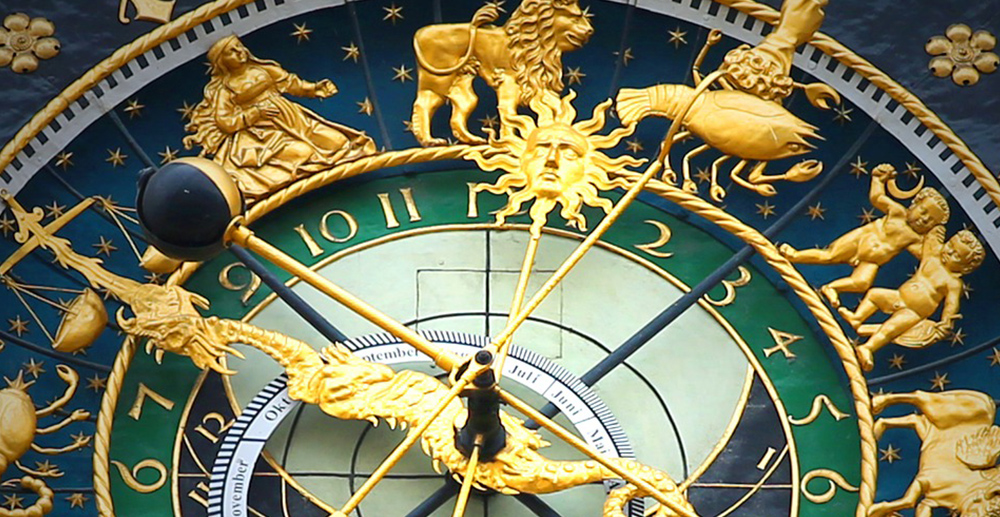Posts
Where did the months get their name from?
in Multilingual LifestyleWhere did the months get their name from? And why is January two-faced? You can read more about this ancient story here. This is a real treat, especially if you are interested in Roman mythology.
Origin of the Names of the Months
January: Janus, Roman god of doors, beginnings, sunset and sunrise, had one face looking forward and one backward,
February: On 15 February the Romans celebrated the festival of forgiveness for sins; (februare, Latin to purify),
March: Mars, the Roman god of war,
April: Roman month Aprilis, perhaps derived from aperire, (Latin to open, as in opening buds and blossoms) or perhaps from Aphrodite, original Greek name of Venus,
May: Maia, Roman goddess, mother of Mercury by Jupiter and daughter of Atlas,
June: Juno, chief Roman goddess,
July: Renamed for Julius Caesar in 44 BC, who was born this month; Quintilis, Latin for fifth month, was the former name (the Roman year began in March rather than January),
August: Formerly Sextilis (sixth month in the Roman calendar); re-named in 8 BC for Augustus Caesar,
September: September, (septem, Latin for 7) the seventh month in the Julian or Roman calendar, established in the reign of Julius Caesar,
October: Eighth month (octo, Latin for 8) in the Julian (Roman) calendar. The Gregorian calendar instituted by Pope Gregory XIII established January as the first month of the year,
November: Ninth Roman month (novem, Latin for 9). Catholic countries adopted the Gregorian calendar in 1582, skipping 10 days that October, correcting for too many leap years,
December: Julian (Roman) year’s tenth month (decem, Latin for 10).
Address
Mobile: +36 70 315 2481
Email: contact (at) edmf.com
1118 Budapest, Budaörsi út 22.



